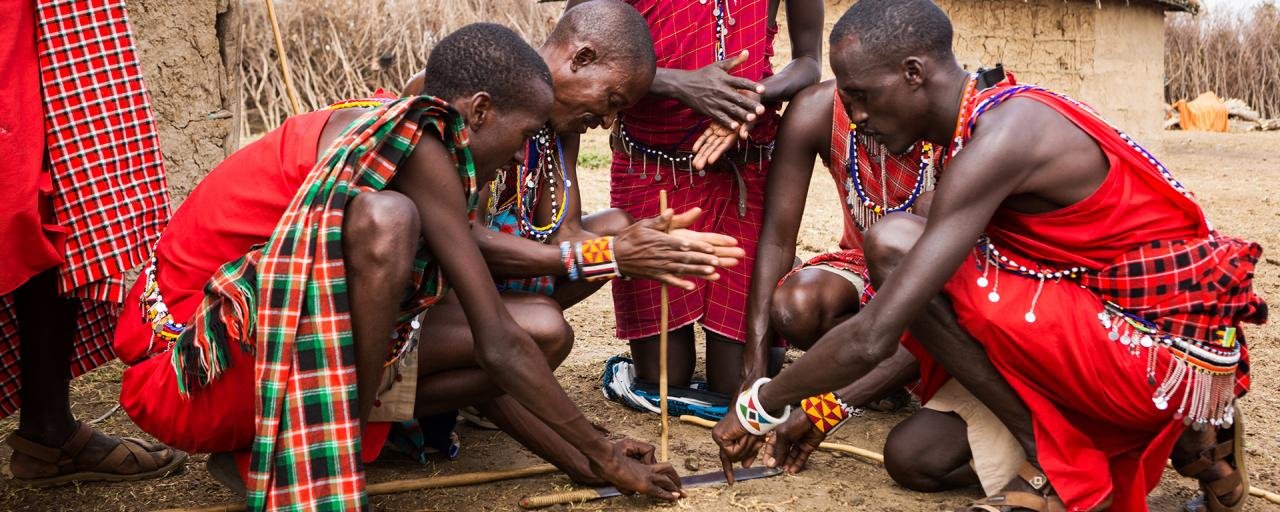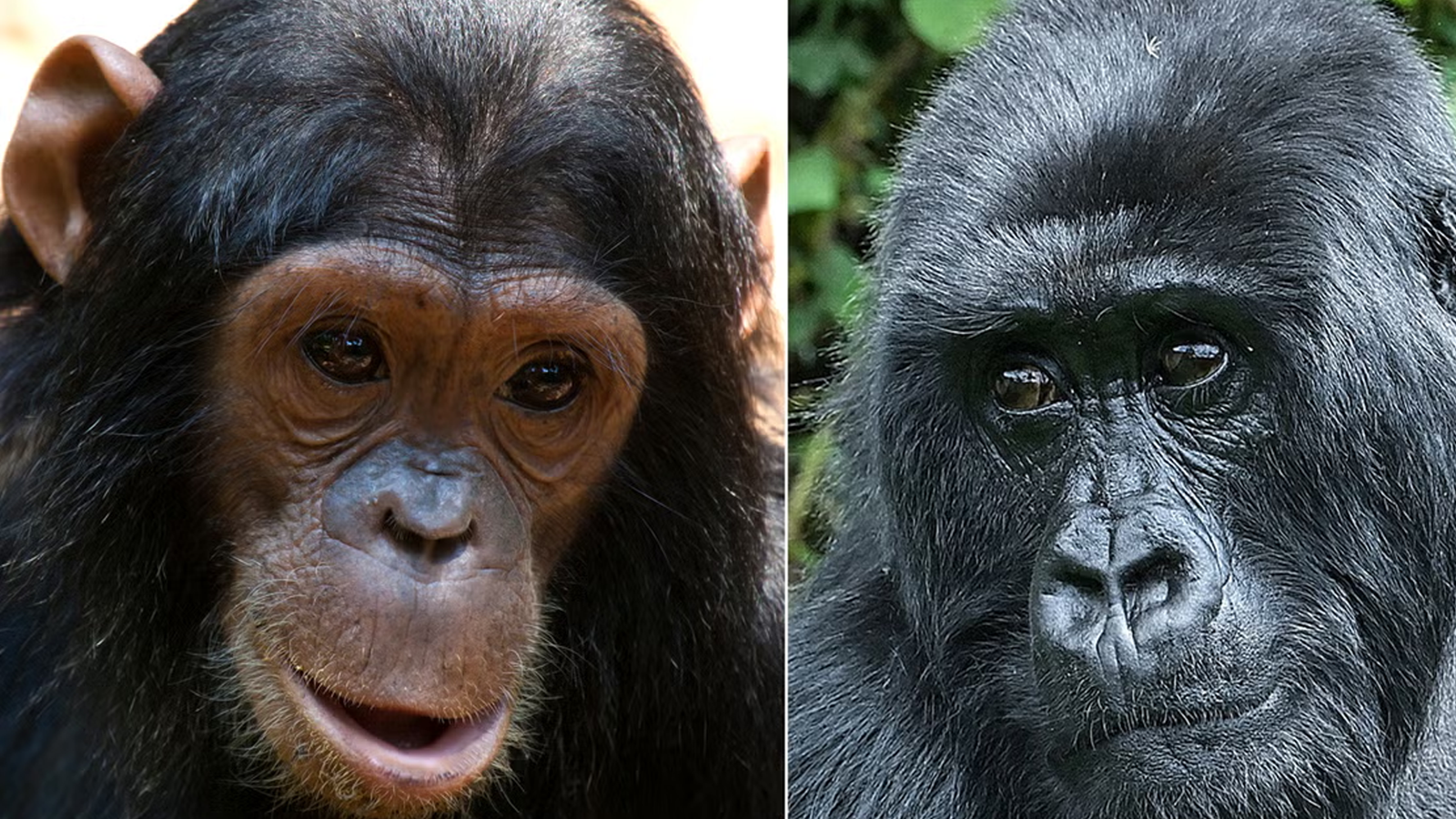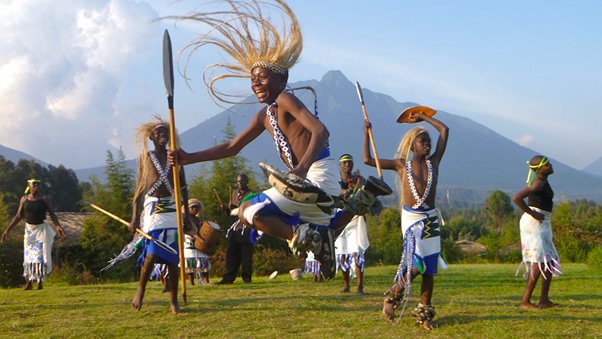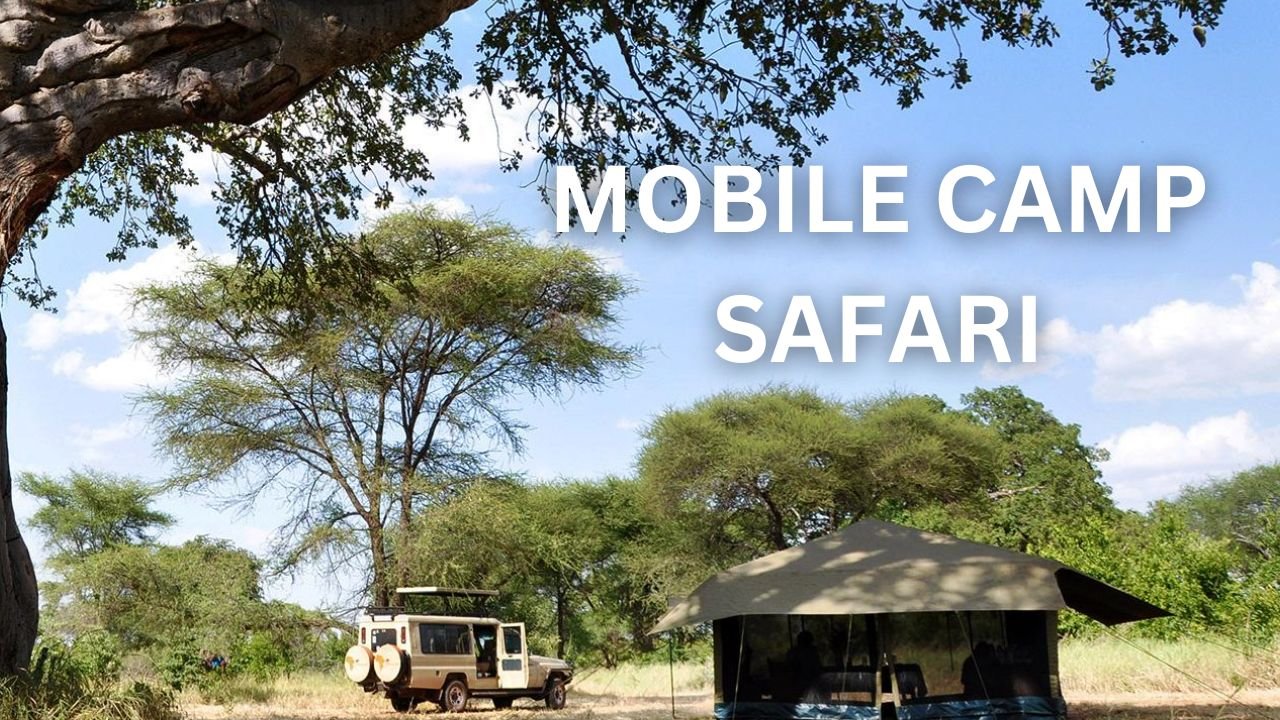Maasai Tribe of Kenya Facts
Times changed but the Maasai in Kenya have stuck to their culture. These warrior-pastoralists continue to keep herds of cattle, sheep, and goats, perform age-old rites of passage, and live off the grid in traditional Manyatta huts made of sticks and mud.

Recently, the Maasai chief, Salaton Ole Ntutu, advised his tribe to stick to their culture while consciously observing the modern world trying to crush it since technology is widely spreading and the community must absorb it while conserving their cultural, traditional, and historical ways.
In his community, Maji Moto has launched education, health, women’s rights, and conservation initiatives, which are funded in part by the Maji Moto Maasai Cultural Camp where visitors are invited to stay and experience a bit of Maasai life.
Don’t miss this peculiar cultural experience with the Maasai tribe.
Experiences with the Maasai Tribe
The best and ideal way to get a great feel of the Maji Moto and begin to understand the relationship that these Maasai people have with their land is to go on a walking safari in magical Kenya with Jewel Safaris.
On a jaunt into the Loita Hills, which rise behind the tourist camp, you will spot how the Maasai use virtually every plant you see – like Olkinyenyai, which aids digestion and is added to meat soups; or the sap from the Osilalei tree, which is chewed like gum. You can also visit the sacred Oreteti tree, which is only used for prayer and ceremonial purposes.

Walking out along the Loita Plains, you’re sure to see wildlife, from wildebeests and impalas to elephants, ostriches, and more. The Maasai usually carry spears, just in case they encounter any predators.
A few kilometers away, Salaton created Maji Moto’s ‘widows’ village’ to help support widows and are left penniless (and, more importantly, livestock-less).
The widows live together with their children in a group of huts, family-style, sharing a herd of animals. They invite visitors to their Manyatta, where they perform traditional Maasai songs and dances and display for sale the finely beaded jewelry they make by hand (and offer at incredibly reasonable prices, with no pressure to buy).
Along the way, you’ll meet local herders tending to their livestock – many of whom are children like in the picture below.
Cultural Practices amongst Maasai people of Kenya
Here, the father of a teenage boy who has just been ritually circumcised wears a ceremonial goatskin cape and beaded headdress, while his hair is covered with sacred red ochre.
It is a day of great honor for him and his family, as his son passes into a new stage of life. Traditionally, Maasai girls are also circumcised, but Salaton is actively campaigning to end this practice in Maji Moto, and it is on the decline.

Traditionally, young Maasai tribe warriors live in the wilderness, away from any Manyattas, for long periods of time. Salaton invites guests to see what this is like, sleeping in the bush away from the camp and, for dinner, slaughtering a goat or sheep and roasting it over a fire.
As night falls, there is singing and dancing accompanied by the consumption of plenty of local homebrew (made from fermented honey and aloe plants).
Here, some of the camp staff are celebrating after an intense round of ‘warrior training’, which is similar to dodging a ball – except that instead of a rubber ball, two teams hurl green stalks of the wild sisal plant at each other, as hard and fast as they can.
Each person wields a painted goatskin shield for protection. Visitors are strongly encouraged to join in. Of course, you can also practice throwing a real spear – using a tree for a target.
Attractions Around Here.
The world’s famous Maasai Mara National Reserve is only about 60km from Maji Moto. Best known for the thunderous procession of wildebeests and other ungulates that come through between July and October, any time of year is a good time to visit.
Home to over 95 species of mammals, reptiles, and amphibians, including all of the ‘Big Five’ (lions, elephants, leopards, buffaloes, and rhinos), the rolling savannahs are like the backdrop of a National Geographic documentary.
Salaton can arrange safaris – from single-day excursions to multi-day adventures – directly from Maji Moto. The experience of watching these animals move and hunt in their natural habitat is simply astonishing.
There are several great tribes in Kenya but the Maasai tribe is one of the prominent and soundly most renowned. At Jewel Safaris, we are ready and set to take you to any of these destinations and more.



